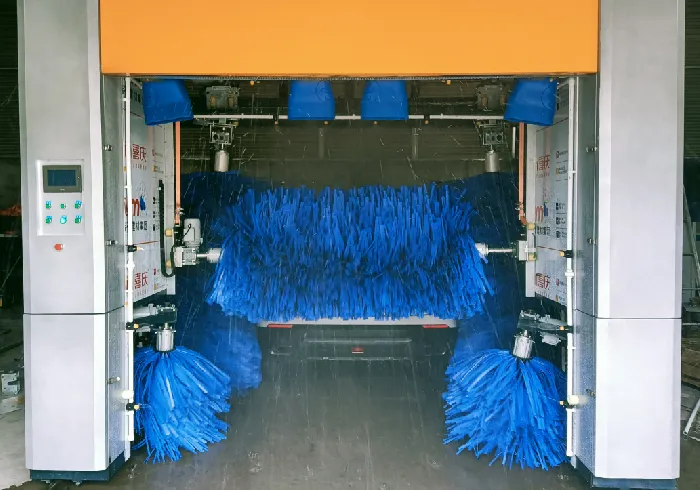car conveyor
The Evolution of Car Conveyors A Revolution in Automotive Manufacturing
The automotive industry is a cornerstone of modern manufacturing, deeply rooted in innovation and efficiency. One of the most significant advancements in this field is the car conveyor system, a mechanical marvel that has transformed how vehicles are produced. This article delves into the evolution, functionality, and impact of car conveyors on the automotive manufacturing process.
Car conveyors, also known as automotive assembly lines, stem from the introduction of mass production principles pioneered by Henry Ford in the early 20th century. Ford's implementation of the assembly line in 1913 allowed cars to be produced at an unprecedented scale and speed. The concept was simple yet groundbreaking by moving the work to the worker rather than the other way around, tasks could be streamlined and completed more efficiently, reducing both time and cost. This innovation laid the foundation for the sophisticated conveyor systems used today.
Modern car conveyors utilize advanced technologies, including robotics, sensors, and artificial intelligence, to further enhance production capabilities. These systems comprise a series of interlinked conveyor belts, rollers, and automated machinery that facilitate the continuous flow of vehicles through various stages of assembly. Each station along the conveyor is equipped with the necessary tools and components for specific tasks — from welding and painting to installation of interiors and final inspections.
car conveyor

One of the key advantages of car conveyor systems is their ability to optimize manufacturing efficiency
. By minimizing the amount of time a vehicle spends on the line, manufacturers can significantly increase output and reduce labor costs. Additionally, the automation of various tasks reduces the likelihood of human error, ensuring higher quality and consistency in the final products. With globalization, many automotive manufacturers operate on a 24/7 basis, making efficient use of their conveyor systems to meet ever-growing consumer demands.Furthermore, car conveyors play a crucial role in inventory management. They are typically designed to operate in just-in-time (JIT) production environments, meaning that parts and components arrive at the assembly line exactly when needed. This approach minimizes excess inventory and reduces waste, aligning with sustainable manufacturing practices. By streamlining supply chains and incorporating real-time monitoring technologies, manufacturers can respond quickly to market changes and customer preferences, making the entire process more agile.
The environmental impact of conveyor systems should not go unrecognized either. As the automotive industry gathers momentum towards sustainable practices, modern car conveyors are being designed to consume less energy and integrate with eco-friendly systems. Advances in electrical efficiency, the use of lightweight materials, and cleaner technologies are paving the way for greener manufacturing processes, aligning with the industry's commitment to reducing its carbon footprint.
In conclusion, car conveyor systems have revolutionized the automotive manufacturing landscape. They have not only increased efficiency and productivity but have also laid the groundwork for advancements in technology and sustainability. As we move forward, the continued evolution of these systems will be crucial in shaping the future of vehicle production. With electric vehicles and autonomous technology on the rise, the adaptability and efficiency provided by car conveyors will play an integral role in meeting the challenges and opportunities that lie ahead in the automotive industry.




